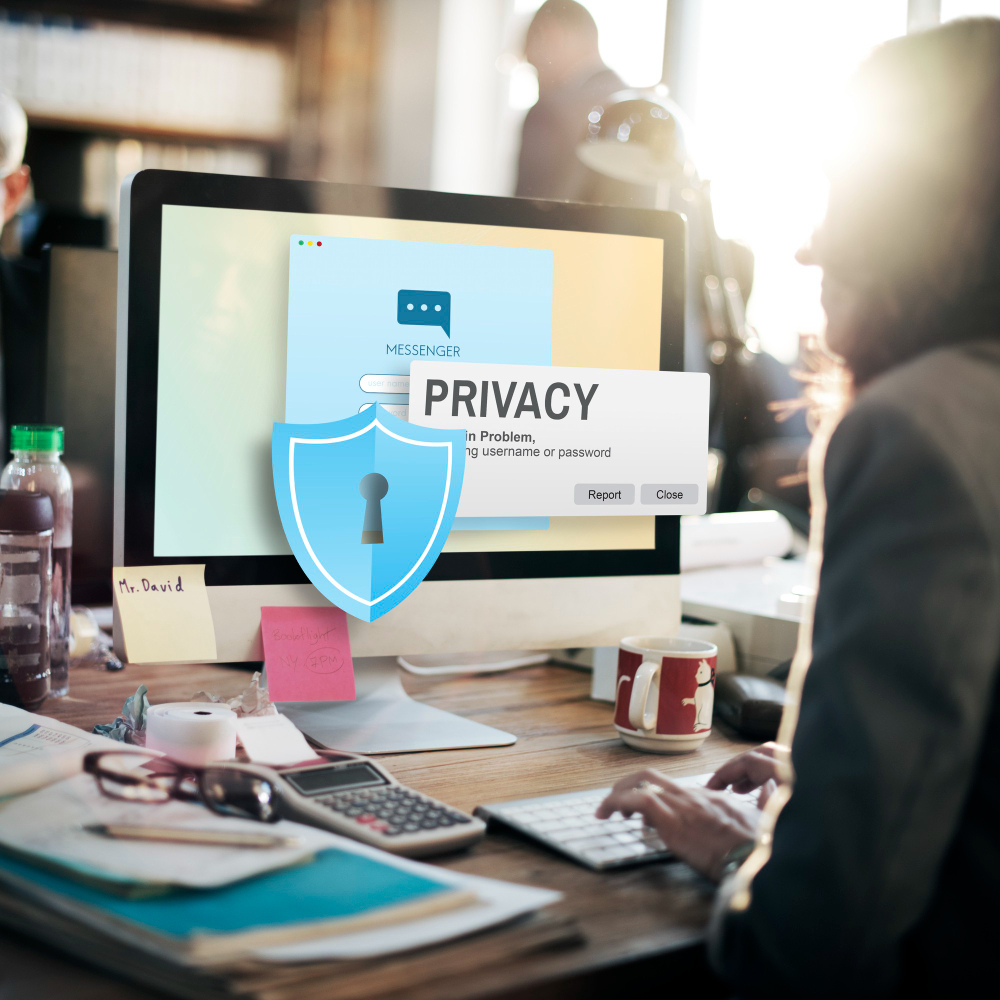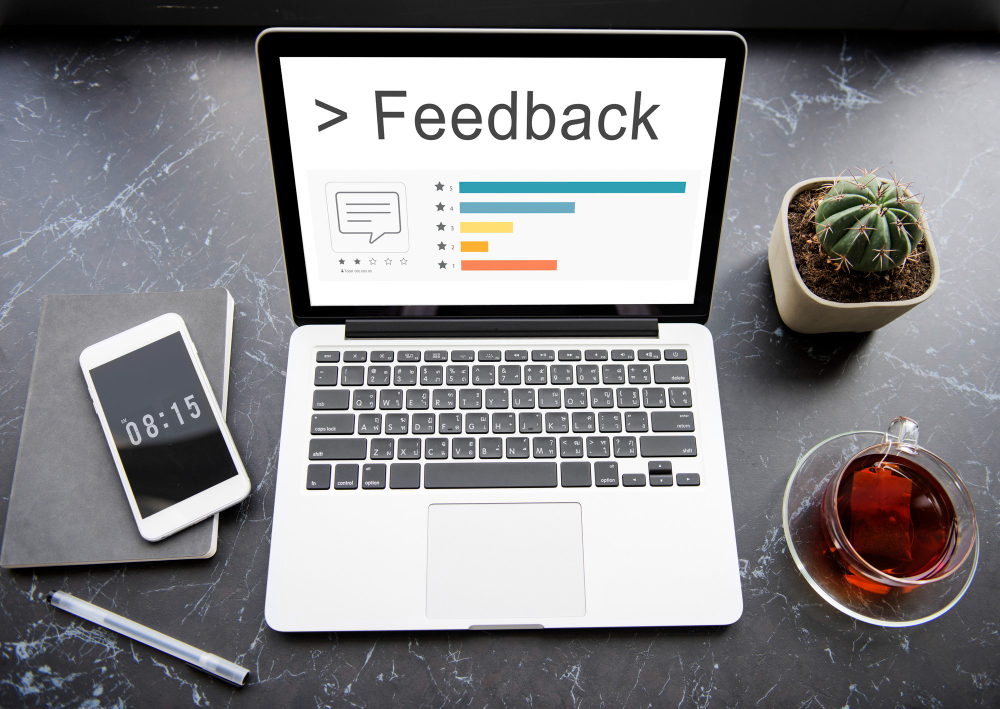Introduction
In a digital age where downloading software is as simple as clicking a button, software piracy has become alarmingly common. From cracked productivity tools to unauthorized versions of antivirus programs, pirated software may seem like an easy cost-saving shortcut. However, what many users fail to realize is the enormous risk such actions pose—not only legally but also to their digital privacy. Software piracy isn’t just an ethical or financial issue; it’s a major threat vector for privacy breaches.
When individuals or organizations download pirated software, they’re exposing themselves to serious vulnerabilities—ranging from data theft and malware infections to spyware and ransomware attacks. This blog will unpack the link between software piracy and privacy risks, outline essential facts you should know before using unauthorized software, and provide a detailed list of how pirated applications can compromise your digital security. We’ll also explain how Aiplex, a leading anti-piracy protection provider, helps safeguard digital assets globally. Explore Aiplex’s anti-piracy solutions.
Key Facts to Understand About Software Piracy and Privacy
Understanding the full implications of using pirated software can prevent devastating outcomes. This section outlines critical context to help you appreciate the privacy risks before engaging with unauthorized programs.
Pirated Software Is a Primary Malware Carrier
Pirated applications are often laced with malicious code. Cybercriminals insert malware, trojans, and keyloggers into cracked software installers to gain unauthorized access to your device.
Once installed, this software can silently harvest your credentials, monitor your activity, or take control of your system. Studies show over 30% of pirated programs carry some form of malware.
Software Cracks Disable Security Updates
Authentic software receives regular patches that fix bugs and address vulnerabilities. When you use a cracked version, those updates are disabled, leaving the system permanently exposed to threats.
Without patches, even minor flaws become major weaknesses. Cyber attackers exploit these openings to infiltrate systems and steal sensitive data.
User Credentials Are Frequently Compromised
Many pirated software tools require users to disable antivirus programs or install from suspicious third-party sites. These actions compromise system defenses.
In some cases, users unknowingly install spyware that tracks login credentials for bank accounts, emails, and even enterprise systems, leading to massive privacy breaches.
Corporate Espionage and Data Leaks Increase
In organizations, pirated tools can lead to breaches that expose intellectual property, financial records, and customer data. These events result in reputational damage, lawsuits, and compliance penalties.
Businesses using illegal software may unknowingly provide backdoor access to competitors or hackers involved in corporate espionage.
Legal and Financial Ramifications Are Severe
Software piracy not only violates copyright laws—it also exposes users to financial risks. Fines, legal fees, and settlements can be substantial.
Beyond privacy issues, being caught with pirated software can destroy trust with clients and partners, severely impacting business operations.
How Pirated Software Risks Your Privacy: Major Consequences
1. Malware Infiltration from Unauthorized Software
Pirated software is a major distribution channel for malware. It often contains ransomware that locks your data or trojans that run silently in the background.
Once active, malware can extract personal documents, photos, passwords, and browsing history. Many users don’t even realize they’ve been compromised until it’s too late.
2. Keyloggers and Credential Theft
Cracked applications can embed keyloggers that record every keystroke you type. These tools capture login credentials for banking, social media, and email accounts.
Keyloggers can even track encryption keys or passwords to encrypted files, leaving your most secure data exposed.
3. Ransomware Attacks and Hostage Scenarios
Some pirated programs carry ransomware, which encrypts all files and demands payment to unlock them. Victims are often left with no choice but to pay up or lose access forever.
Even if payment is made, there’s no guarantee the data will be restored. These attacks frequently target both individuals and organizations.
4. Network-Wide Infection and Botnet Enlistment
Once installed, pirated software can act as a gateway for malware to spread across a home or corporate network. Infected devices may be added to a botnet.
Botnets are used to launch large-scale attacks such as DDoS or spam campaigns. These actions are illegal and can result in prosecution—even if you were unaware of your system’s involvement.
5. Surveillance and Unauthorized Access
Some cracked software is bundled with spyware that enables hackers to monitor your device via webcam, microphone, or screen capture.
This invasive surveillance leads to a significant breach of personal privacy, especially when sensitive environments like homes or corporate offices are involved.
Why People Still Use Pirated Software (Despite the Risks)
1. Cost-Saving Temptation and False Economy
Pirated software often appeals to users looking to save money. However, the hidden costs—data breaches, ransom payments, and identity theft—are far more expensive in the long run.
Buying licensed software is a much safer and more cost-effective investment, especially considering the potential losses from privacy violations.
2. Lack of Awareness About Privacy Threats
Many users are unaware that pirated software can be weaponized. They treat it like a harmless download without realizing the hidden surveillance features.
Educational initiatives and awareness campaigns are essential to inform users of these risks and promote ethical behavior online.
3. Peer Influence and Online Forums
Social networks and file-sharing communities often promote cracked software as safe and reliable. This peer influence encourages users to ignore security warnings.
In reality, these forums are common traps where malware-laden files are distributed, disguised as popular apps or games.
4. Limited Access to Paid Software in Developing Markets
In some regions, high software costs and low income levels push users toward piracy. However, this also makes them disproportionately vulnerable to privacy violations.
Open-source alternatives and subsidized software programs can help bridge this gap and reduce piracy levels.
5. Misconception That Antivirus Will Always Catch Malware
Users often believe antivirus programs will flag any threats from pirated software. However, many malware variants are designed to bypass traditional detection.
Advanced threats like polymorphic viruses evolve to avoid identification. That’s why prevention—by avoiding pirated software entirely—is the best protection.
How Aiplex Combats Software Piracy to Safeguard Digital Privacy
Aiplex is a global leader in anti-piracy solutions, offering businesses and content creators the tools to protect their intellectual property and user data. Here’s how they help defend against software piracy and its associated privacy risks:
1. Real-Time Piracy Detection and Takedowns
Aiplex uses advanced monitoring technologies to detect unauthorized software distribution across websites, torrents, and forums. Once identified, takedown requests are swiftly issued.
By removing pirated software from the internet, Aiplex reduces the risk of privacy violations among unsuspecting users.
2. Source Code Watermarking and Tracking
Aiplex helps developers embed digital watermarks into software code. This makes pirated versions traceable and aids in identifying leak sources.
Such proactive measures discourage tampering and ensure accountability throughout the supply chain.
3. Geo-Targeted Enforcement Strategies
With the help of geo-analytics, Aiplex targets piracy hotspots and adapts enforcement based on regional trends. This maximizes impact and prevents illegal software distribution in high-risk zones.
Localized enforcement increases deterrence and reduces repeat offenses in piracy-prone areas.
4. Legal Support and Copyright Enforcement
Aiplex partners with law firms and copyright bodies to initiate legal actions against repeat offenders. These efforts lead to financial penalties and content bans.
This strengthens content ownership and protects both companies and end-users from malicious use of unauthorized software.
5. Awareness Campaigns for Safer Digital Practices
Aiplex also supports awareness initiatives that educate users about the dangers of software piracy. These campaigns promote digital hygiene, safe downloads, and ethical software use.
Knowledge sharing empowers users to make informed decisions and avoid privacy compromises.
Why Choose Aiplex for Software Piracy Protection?
Aiplex is not just an enforcement agency—it’s a digital guardian for intellectual property and privacy. With over a decade of experience in anti-piracy defense, they’ve secured the assets of global software companies, media platforms, and digital creators.
Their integrated approach combines real-time monitoring, global reach, and legal strength. Whether you’re a developer facing repeated leaks or a business worried about pirated competition, Aiplex delivers proactive, scalable protection. Their emphasis on awareness ensures a privacy-conscious digital ecosystem, making them a trusted ally in the battle against software piracy.
Discover Aiplex’s full suite of anti-piracy solutions.
Conclusion
Software piracy may offer short-term convenience, but the long-term consequences are far too risky. The price you pay in privacy, data security, and legal exposure far outweighs any savings from skipping a software license. From malware infiltration and spyware surveillance to identity theft and network corruption, pirated software is a ticking time bomb.
Choosing ethical software practices and partnering with expert anti-piracy firms like Aiplex is the best way to ensure a secure digital experience. As the digital world continues to evolve, our responsibility to protect ourselves—and our data—must evolve with it.
FAQs
- What is software piracy?
Software piracy is the unauthorized copying, distribution, or use of licensed software without proper permission or payment. - How does pirated software affect privacy?
Pirated software often contains malware, spyware, and keyloggers that can steal personal information and compromise digital privacy. - Can antivirus software detect threats from pirated apps?
Not always. Many threats are designed to bypass antivirus programs, especially if users disable security settings during installation. - Is using cracked software illegal?
Yes, using cracked or pirated software violates copyright laws and can result in legal action. - Why do people still use pirated software?
Reasons include cost-saving, lack of awareness, peer influence, and limited access to affordable licensed options. - What are some safer alternatives to pirated software?
Open-source tools and freemium versions from reputable developers offer legal, secure alternatives to pirated apps. - How does Aiplex help fight software piracy?
Aiplex monitors, detects, and removes pirated content online, offers legal enforcement, and raises awareness about piracy risks. - Can businesses be fined for using pirated software?
Yes. Companies caught using illegal software can face hefty fines, legal suits, and reputational damage. - Is it safe to download software from forums or torrents?
No. These platforms often distribute malware-laced pirated apps that can compromise your privacy and system security. - How can I report software piracy?
You can report piracy to the software manufacturer or contact an anti-piracy firm like Aiplex for investigation and enforcement.



